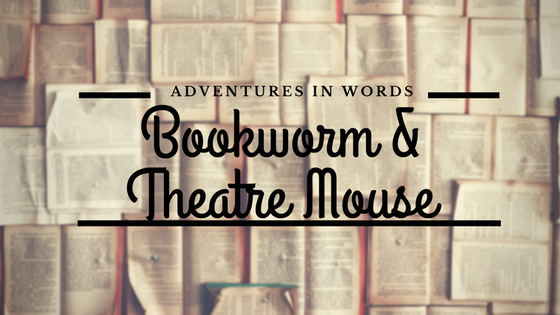So, I have finally reached the end of the Carnegie Shortlist, ending with Tsunami Girl by Julian Sedgwick.
This is a lovely book, told in part prose and part manga; an emotional and powerful story about Yuki Hare Jones and her journey of self-discovery and identity. Caught in the 2011 Japan Earthquake and Tsunami, her life is changed forever: it forces her to re-evaluate her identity and her life, starting a new journey of self-discovery and finding an inner strength she believed she had lost. Oh, and there is an imaginary superhero along the way, created through her art, that supports her with the challenges ahead.
Beautifully written and illustrated throughout, you follow Yuki on her amazing adventure. You will admire her grit and determination, and the inner stength that her creativity and beliefs give her. And, again, it is great to have a strong female lead character, even if she has challenges that she has to overcome first. It will help many readers understand that they are not alone, and that everyone has something or someone that gives them strength. And, well, as a big fan of ‘The Little Prince’, I am always happy to find a book with a fox as a supporting or central character (all this will be revealed if you pick up this book – which I am sure you will).
So, the important final question is: which book was my winner?
